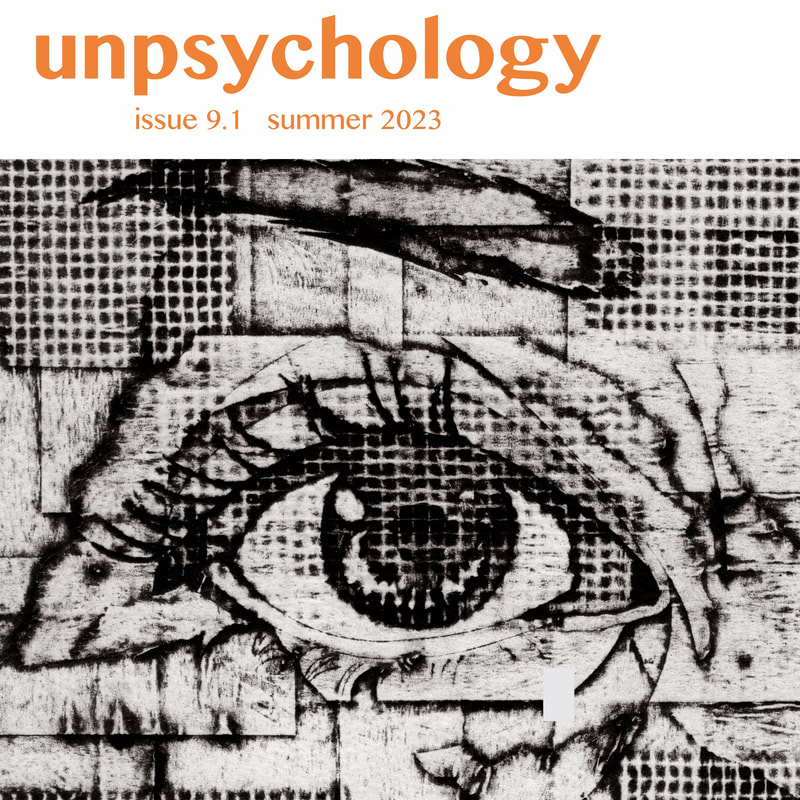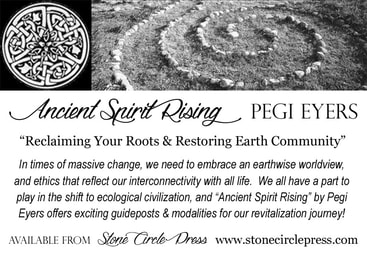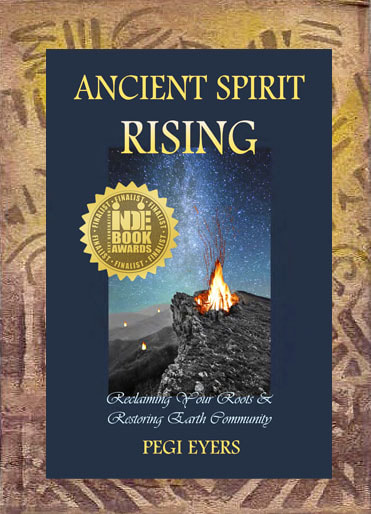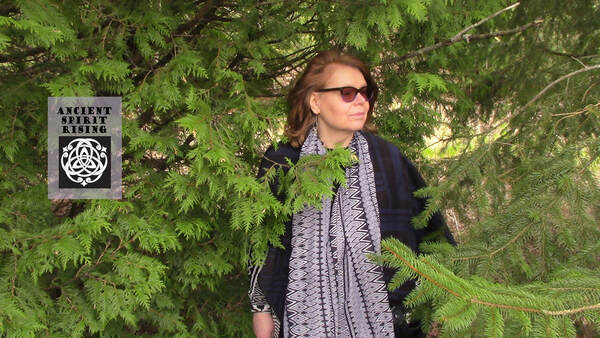PEGI EYERS
IMAGININGS ~ Unpsychology Magazine
>SLIDE SHOW<
Sections from Unpsychology Imaginings
The ninth issue of Unpsychology Magazine is now available~! The theme is IMAGININGS, and features the essay "Rejecting Empire and Re-centering Indigenous Values" by Pegi Eyers under the heading Strong Seasons and New Sanities.
Unpsychology 9.1 is free to download in PDF >HERE<
Dive in to this messy and wonderful, multi-media curation of writing, art, video and music. With QR codes and links to other posts, video and music, this issue is an immersive experience.
Unpsychology 9.1 is free to download in PDF >HERE<
Dive in to this messy and wonderful, multi-media curation of writing, art, video and music. With QR codes and links to other posts, video and music, this issue is an immersive experience.
Rejecting Empire & Re-centering Indigenous Values
“Decolonization is not a process which solely entails Indigenous nations. All people have been distorted by colonialism. It affects us all, not only those whom it most severely oppresses.”[1]
(Nora Butler Burke)
In the process to evoke a postcolonial cosmovision and make transformative change, we can turn to the work of Indigenous scholars and activists, the “best of the new generation’s anti, non, de and un colonial thinking”[2] for inspirational frameworks. Wisdom is readily available from First Nation intellectuals, leaders, visionaries and public figures who excel in every location of society, making their mark with distinction after decades of oppression and exclusion.
In “What is Indigenous Knowledge?” Semali & Kincheloe suggest three goals for studying Indigenous Knowledge:
1) To help western peoples relate to their habitat in ways that are more harmonious,
2) to liberate peoples who have been conquered by a modernist nation state system, and
3) to provide a perspective on human experience that differs from western empirical science.[3]
Enlarging our own transitions, community-building, and social justice movements with Indigenous Knowledge (IK) is a valid approach, and it is also to our benefit, as Leanne Betasamosake Simpson writes, to learn about “Indigenous solutions to the problems continued colonialism creates.”[4]
Re-centering Indigenous ethics does not give us permission to appropriate the spiritual or cultural property of First Nations, but is a recommendation to embrace Indigenous values such as reciprocity, balance, and respect for natural law. Without romanticizing, misinterpreting or denying the holocaust that occurred from colonization, it has been suggested that we look to the original peoples to learn how to thrive, survive and flourish, interconnected with the land and all life. After all, as outlined by Gustavo Esteva, everything we need for the paradigm shift is “already in place as it has been for millennia, being lived by Indigenous Knowledge and Indigenous people.”[5]
Decolonization is most certainly the challenge all of us face today, and Indigenous scholars such as Taiaike Alfred, John Mohawk and Robert Lovelace agree. “Indigenous peoples and Settlers have our own histories, where those histories have led us, and where the possible futures might lie for us together. Because guess what, we are here and now, we’re not going to change that fact, but what we can do is change the possible futures that we face.”[6] As we take on the work of becoming deeply bonded to the land in our uncolonization process, we are being invited to learn from the First Peoples in whose territories we are now living. In my own case, the Michi Saagiig Nishnaabeg have been my greatest teachers.
READ MORE >HERE<
“Decolonization is not a process which solely entails Indigenous nations. All people have been distorted by colonialism. It affects us all, not only those whom it most severely oppresses.”[1]
(Nora Butler Burke)
In the process to evoke a postcolonial cosmovision and make transformative change, we can turn to the work of Indigenous scholars and activists, the “best of the new generation’s anti, non, de and un colonial thinking”[2] for inspirational frameworks. Wisdom is readily available from First Nation intellectuals, leaders, visionaries and public figures who excel in every location of society, making their mark with distinction after decades of oppression and exclusion.
In “What is Indigenous Knowledge?” Semali & Kincheloe suggest three goals for studying Indigenous Knowledge:
1) To help western peoples relate to their habitat in ways that are more harmonious,
2) to liberate peoples who have been conquered by a modernist nation state system, and
3) to provide a perspective on human experience that differs from western empirical science.[3]
Enlarging our own transitions, community-building, and social justice movements with Indigenous Knowledge (IK) is a valid approach, and it is also to our benefit, as Leanne Betasamosake Simpson writes, to learn about “Indigenous solutions to the problems continued colonialism creates.”[4]
Re-centering Indigenous ethics does not give us permission to appropriate the spiritual or cultural property of First Nations, but is a recommendation to embrace Indigenous values such as reciprocity, balance, and respect for natural law. Without romanticizing, misinterpreting or denying the holocaust that occurred from colonization, it has been suggested that we look to the original peoples to learn how to thrive, survive and flourish, interconnected with the land and all life. After all, as outlined by Gustavo Esteva, everything we need for the paradigm shift is “already in place as it has been for millennia, being lived by Indigenous Knowledge and Indigenous people.”[5]
Decolonization is most certainly the challenge all of us face today, and Indigenous scholars such as Taiaike Alfred, John Mohawk and Robert Lovelace agree. “Indigenous peoples and Settlers have our own histories, where those histories have led us, and where the possible futures might lie for us together. Because guess what, we are here and now, we’re not going to change that fact, but what we can do is change the possible futures that we face.”[6] As we take on the work of becoming deeply bonded to the land in our uncolonization process, we are being invited to learn from the First Peoples in whose territories we are now living. In my own case, the Michi Saagiig Nishnaabeg have been my greatest teachers.
READ MORE >HERE<



